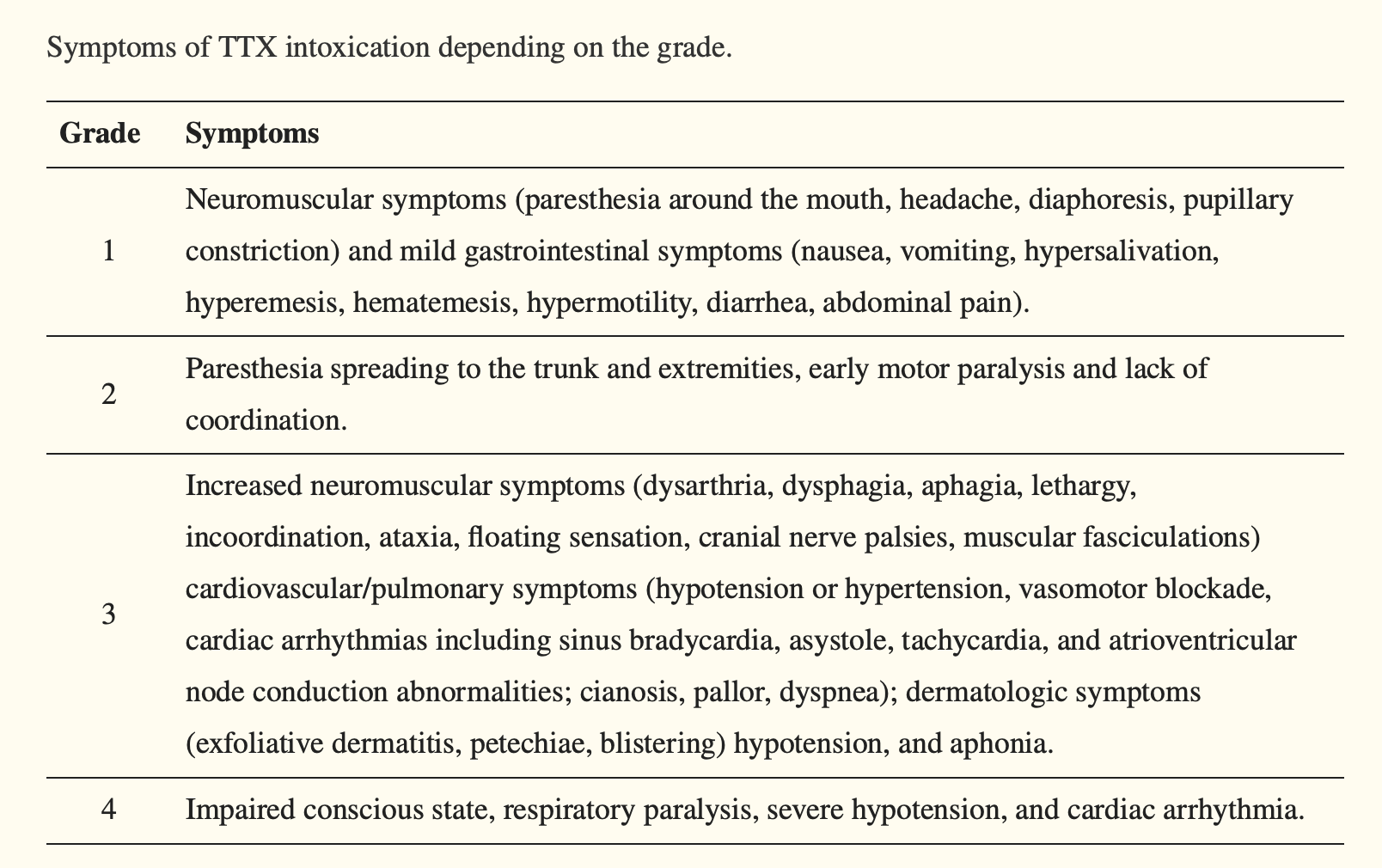Mildly interesting
-

Details from La Wik:
Spearfish holds the world record for the fastest recorded temperature change. On January 22, 1943, at about 7:30 a.m. MST, the temperature in Spearfish was −4 °F (−20 °C). The Chinook wind picked up speed rapidly, and two minutes later (7:32 a.m.) the temperature was +45 °F (7 °C). The 49 °F or 27 °C rise in two minutes set a world record that still holds. By 9:00 a.m., the temperature had risen to 54 °F (12 °C). Suddenly, the Chinook died down and the temperature tumbled back to −4 °F or −20 °C. The 58 °F or 32.2 °C drop took only 27 minutes.[18][19][20] The sudden change in temperatures caused glass windows to crack and windshields to instantly frost over.[21][20]
-
Related to the above, I read that a mountain in NH just set the record for the coldest windchill. -106 F. -45 F temperature with 97 mph wind.
:eek
-
-

USS Arizona on the East River, New York 1916.
-

USS Arizona on the East River, New York 1916.
Cool. No doubt heading out of the Brooklyn Navy Yard.
-
@jon-nyc I’ve been to Lizst’s home in Budapest.
-
@jon-nyc I’ve been to Lizst’s home in Budapest.
Me too.
-
There is no antidote for a blue-ringed octopus bite. However, if you can get a ventilator to breathe for you for 15 hours, you survive with no side effects

@mark said in Mildly interesting:
There is no antidote for a blue-ringed octopus bite. However, if you can get a ventilator to breathe for you for 15 hours, you survive with no side effects
It's not as simple as that. Unlike classic paralytics (curare), TDX is a sodium-channel blocker whose effects are far wider-reaching than simply blocking the interaction of nerve and muscle.
This actually "paralyzes" the nerve itself.
It is the same shit as in pufferfish.
-
@mark said in Mildly interesting:
There is no antidote for a blue-ringed octopus bite. However, if you can get a ventilator to breathe for you for 15 hours, you survive with no side effects
It's not as simple as that. Unlike classic paralytics (curare), TDX is a sodium-channel blocker whose effects are far wider-reaching than simply blocking the interaction of nerve and muscle.
This actually "paralyzes" the nerve itself.
It is the same shit as in pufferfish.
-
@mark said in Mildly interesting:
@George-K so, you will not be fine if you are vented for 15 hours?
Perhaps, perhaps not. It's not as simple as a paralytic (curare-type) drug.
Curare and drugs that I used act by physically blocking the receptor on the muscle side of the synapse between muscle and nerve. So, if the nerve fires, the muscle doesn't see the neurotransmitter.
TTX works on the sodium channel, which causes the nerve to fire.

Note that many of these symptoms are not related to muscular paralysis.



